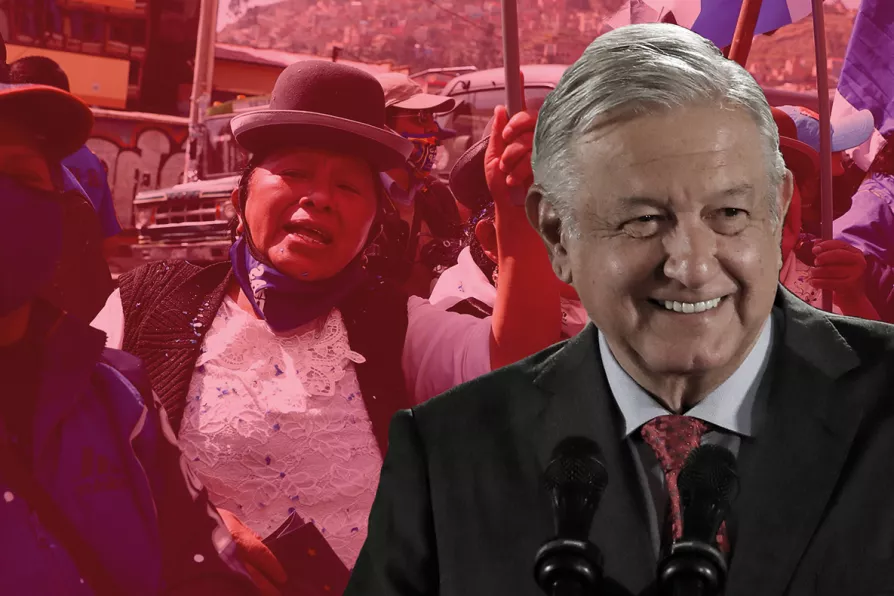John Wojcik pays tribute to a black US activist who spent six decades at the forefront of struggles for voting rights, economic justice and peace – reshaping US politics and inspiring movements worldwide


ON April 19-20 both houses of the Mexican Congress passed a reform of the Mining Law to nationalise lithium, a strategic mineral of which the country has large deposits.
The reform, proposed by President Amlo, is quite categorical: “Lithium is declared to be of public utility, so there will be no concessions, licences, permits or authorisations on the subject.
“Those zones where there are lithium deposits will be considered mining reserves. It is recognised that lithium is the patrimony of the nation and its exploration, exploitation, processing and use is reserved for the Mexican people.”

A November 15 protest in Mexico – driven by a right-wing social-media operation – has been miscast as a mass uprising against President Sheinbaum. In reality, the march was small, elite-backed and part of a wider attempt to sow unrest, argues DAVID RABY

LEE BROWN highlights the latest attempts to undo progressive reforms instated during the presidency of Rafael Correa

DAVID RABY reports on the progressive administration in Mexico, which continues to overcome far-left wreckers on the edges of a teaching union, the murderous violence of the cartels, the ploys of the traditional right wing, and Trump’s provocations










